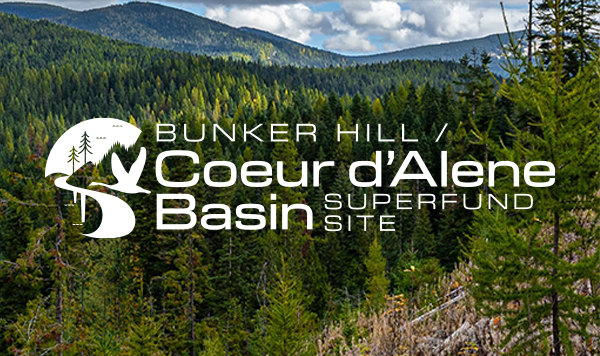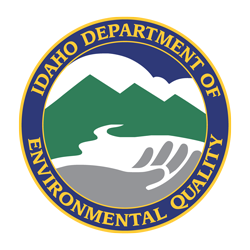The Silver Valley is one of the oldest and largest mining and smelting communities in the country. Mining began in the mid to early 1880s with cleanup starting nearly 100 years later in what is now known as the Bunker Hill/Coeur d’Alene Basin Superfund Site.
Past mining practices left behind lead and other heavy metals throughout the area. Lead can pose a health risk. Visit the Bunker Hill/Coeur d’Alene Basin Superfund Site website to learn more about limiting exposure and keeping your family healthy. Keep Clean, Eat Clean, Play Clean!


